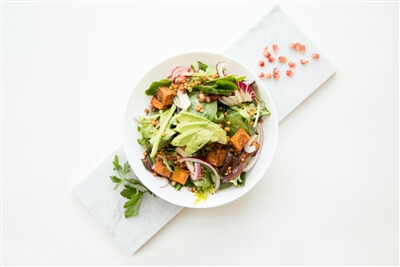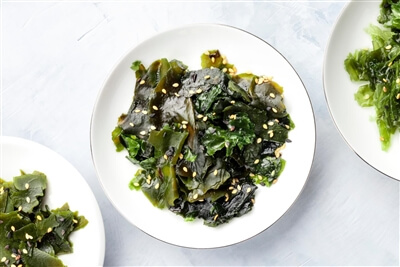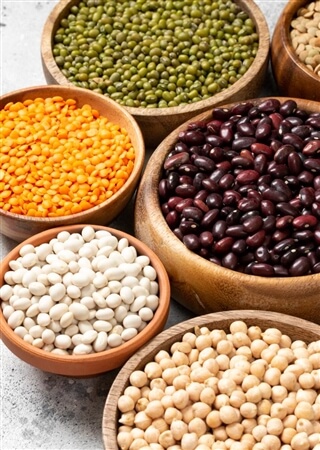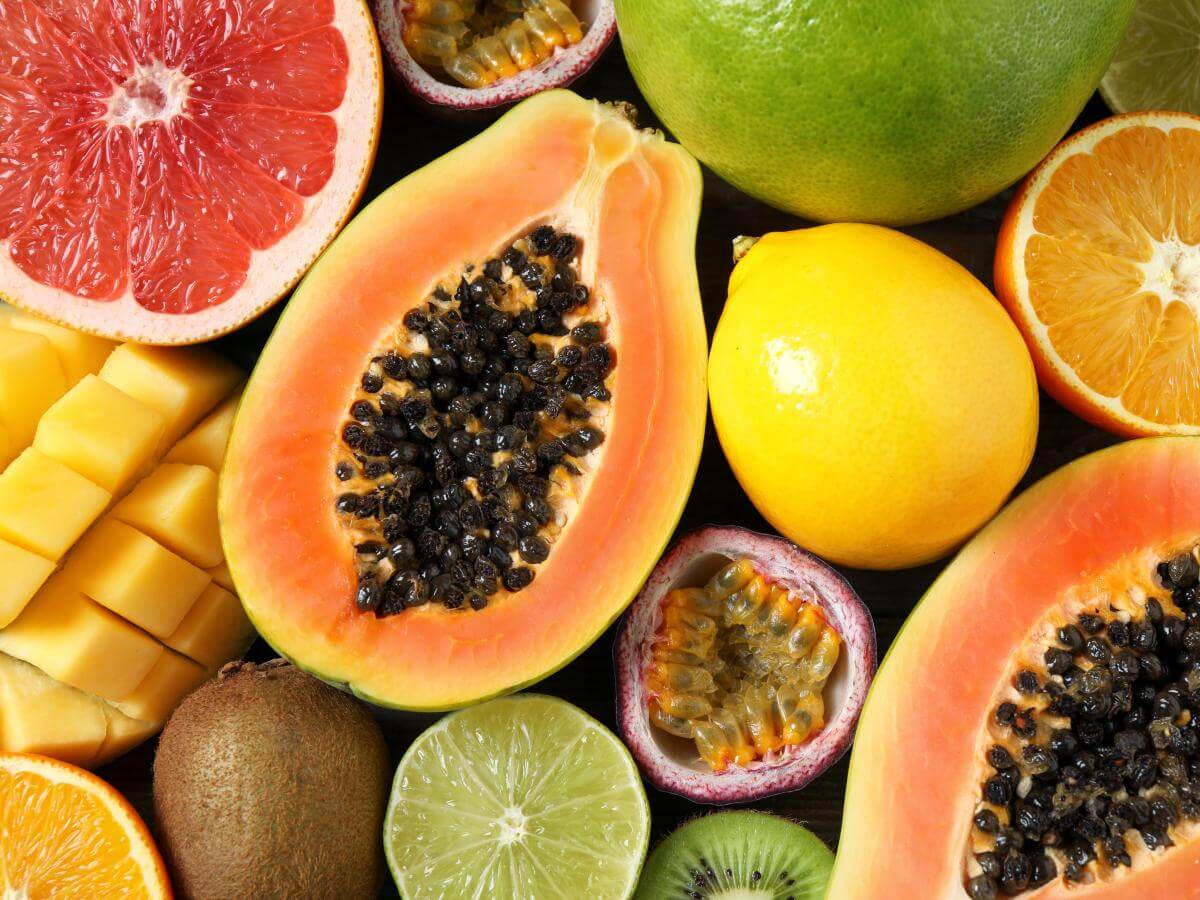Vegan diet: can it cover your protein requirements?
Are you thinking about going vegan? Then you might be wondering what being on a vegan diet really means and how it can impact your metabolism or your health.
A vegan diet is based on purely plant-based foods and it is usually rich in pulses, whole grains, seeds, vegetable oils, nuts, fruits and vegetables. Generally speaking, vegans do not consume animal products such as meat, fish, eggs, milk and honey. Sweets, alcohol and products such as vegetable drinks, vegan cheese and other meat substitutes can also be part of a vegan diet, as long as they are fully plant-based. However, there are many things you need to know before going vegan.
What are the most critical nutrients when it comes to a vegan diet?
Going vegan is not as simple. Before eliminating all animal or animal-derived products from your diet, you need to make sure that your nutritional needs are covered and that you take the right supplements, if needed.
In fact, those following a vegan diet are at increased risk of nutritional deficiencies in vitamin B12, calcium, vitamin D, iron, zinc and omega-3 essential fatty acids.
A vegan diet is based on purely plant-based foods and it is usually rich in pulses, whole grains, seeds, vegetable oils, nuts, fruits and vegetables. Generally speaking, vegans do not consume animal products such as meat, fish, eggs, milk and honey. Sweets, alcohol and products such as vegetable drinks, vegan cheese and other meat substitutes can also be part of a vegan diet, as long as they are fully plant-based. However, there are many things you need to know before going vegan.
What are the most critical nutrients when it comes to a vegan diet?
Going vegan is not as simple. Before eliminating all animal or animal-derived products from your diet, you need to make sure that your nutritional needs are covered and that you take the right supplements, if needed.
In fact, those following a vegan diet are at increased risk of nutritional deficiencies in vitamin B12, calcium, vitamin D, iron, zinc and omega-3 essential fatty acids.

Why B12 is so important for your body?
Vitamin B12 or cobalamin is extremely important for the human body. In its most absorbable or bio-available version, B12 can only be found in animal or animal-derived products. Unlike other mammals, which can produce vitamin B12 in their stomachs, humans have to take it through food or certain food supplements.
Therefore, if you have just switched or planning to switch to a vegan diet, remember to consume fortified foods or B12 supplements in order to avoid deficiencies.
Can a vegan diet cover your protein requirements?
In order for your body and your protein metabolism to function correctly, 20 different amino acids are required. Nine of these are essential (histidine, isoleucine, leucine, lysine, methionine, phenylalanine, tryptophan, valine, threonine) and must therefore be taken in through food, while the remaining ones can be synthesized by your body.
Animal proteins have a higher bio-availability, so they have a more balanced amino acid profile than vegetable proteins.

Can you get all the amino acids you need from plant-based foods?
By combining cereal proteins with those of legumes, and by including a variety of foods in your diet, you can get all the necessary amino acids. For example, you can combine pasta with beans or rice with peas. In addition, eating nuts as a snack or adding seeds to your salad is a great way to enrich your diet.
Also, try to include soya as well as buckwheat, millet, barley and other cereals in your diet. Soya protein bioavailability is very close to that of meat. The same applies to quinoa, which contains all the essential amino acids. If you include these two foods in your diet, it will be even easier to cover your nutritional needs.
How can you improve protein absorption?
You can maximize your protein absorption by adopting specific habits:
- Chew well
- Use Kombu seaweed when cooking. It contains certain enzymes that help your body break down certain substances and make them more digestible.
- Use vinegar
- Cook legumes in a pressure cooker
- Soak pulses in water before cooking. This will help your body absorb proteins and will reduce the cooking time.
- Prefer hulled legumes


What about vegan alternatives to meat, sausage or cheese?
Vegan substitutes such as fortified sausage can contribute to a more balanced nutrient intake. However, although they are vegan, they are also highly processed and often processed foods can contain high amount of salt, sugar or additives and are nutritionally unfavorable.
What are the key things to consider if you are planning to become vegan?
If you want to go vegan, you will need to take vitamin B12 or other supplements. When it comes to eating, select fortified foods, especially regarding essential nutrients. In general you will need to monitor your nutrient intake according to your doctor's advice to avoid developing a deficiency that can impact your health.
And last but not least, get in touch with a qualified dietician that can help you maintain a healthy diet and make the right food choices.
ARTICLES YOU MAY LIKE





